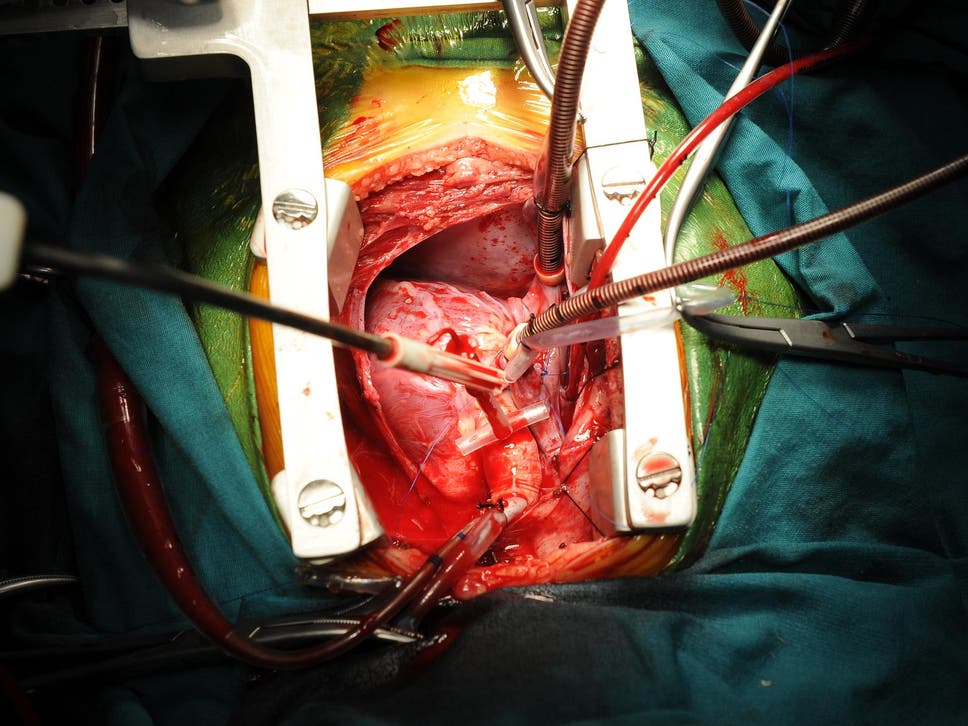Organ transplant has been a boon in treating various diseases for a very long time now. Many diseases like cardiomyopathy, diabetes and bowel syndrome have been treated using this miraculous method. However, there is a heavy downside to the treatment which although rarely happens, is very taxing. It’s a well known fact that organ transplants can pass infectious diseases from donors to recipients in rare cases. Even more rarely, transplants can transmit cancer, as shown by a new case.
In what’s being described as an “extraordinary case,” four people in Europe developed breast cancer after they received organs from the same donor. According to the the report published in the July issue of the American Journal of Transplantation, three of the patients died from the cancer, since donor-derived breast cancer is often fatal.

“The organ supply is incredibly safe, and passing cancer through an organ transplant is a very, very uncommon event,” said Dr. Lewis Teperman, director of organ transplantation at Northwell Health in New Hyde Park, New York, who was not involved in the case. This is often because organ donors undergo rigorous screening before the procedure.
This involves the evaluation of family history for diseases, such as cancer, and multiple laboratory tests. However, even with these high quality procedures in place, “it’s impossible to screen everything,” and there’s a small chance that a donor will have an undetected disease that could be transmitted, Teperman said.

In this special case, the 53-year-old donor underwent a physical exam, an ultrasound of the abdomen and heart, a chest X-ray, and an examination of the airways, and still had an undetected breast cancer. The possible reason for not being able to detect it, as mentioned in the report, was the presence of micro metastases.
These are groups of cancer cells that spread from the original cancer site but are too small to be detected with screening or imaging tests. It is easier for these cells to grow in recipients due to the drugs taken by them to suppress their immune system. These drugs allow their body to accept the donated organ(and other foreign cancer cells) easily.

Yes, it’s possible for a CT scan to detect the cancer, but the authors noted that it would be impractical to screen all donors in this way. Routinely performing such tests could lead to the detection of false positives and the rejection of healthy donors, which in turn would reduce the already scarce donor pool.
The report concludes that the low rate of cancer transmission from transplantation implies that current procedures of donor screening are effective. However, if cancer does pass from a donor to a recipient, doctors should consider removing transplants from all other patients who received organs from that donor, the researchers wrote.
Further Reading:


![surgeons-operating[1]](https://www.techquila.co.in/wp-content/uploads/2019/06/surgeons-operating1-696x370.jpg)